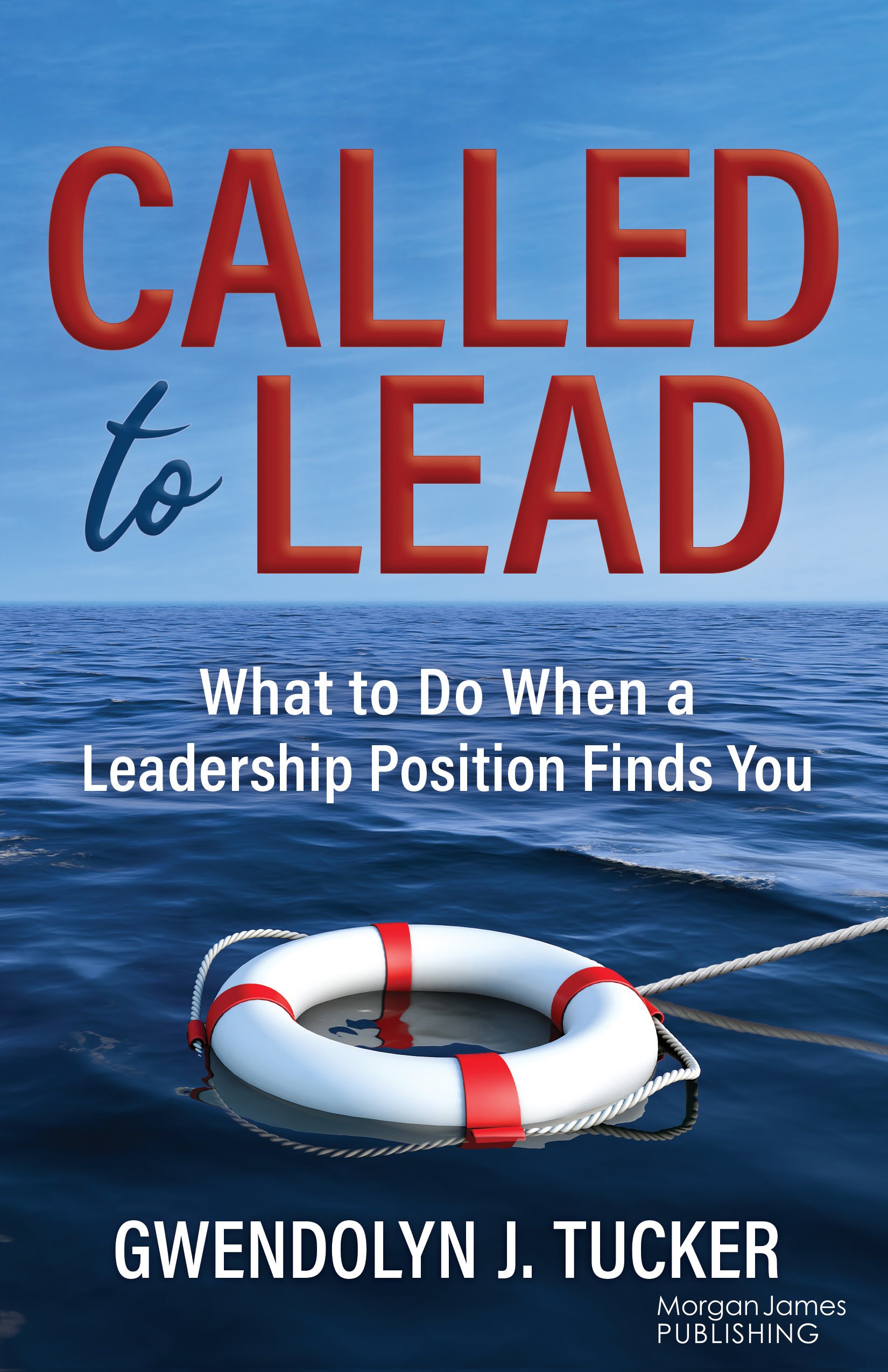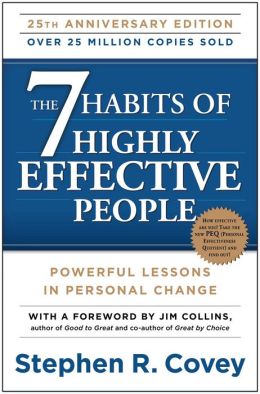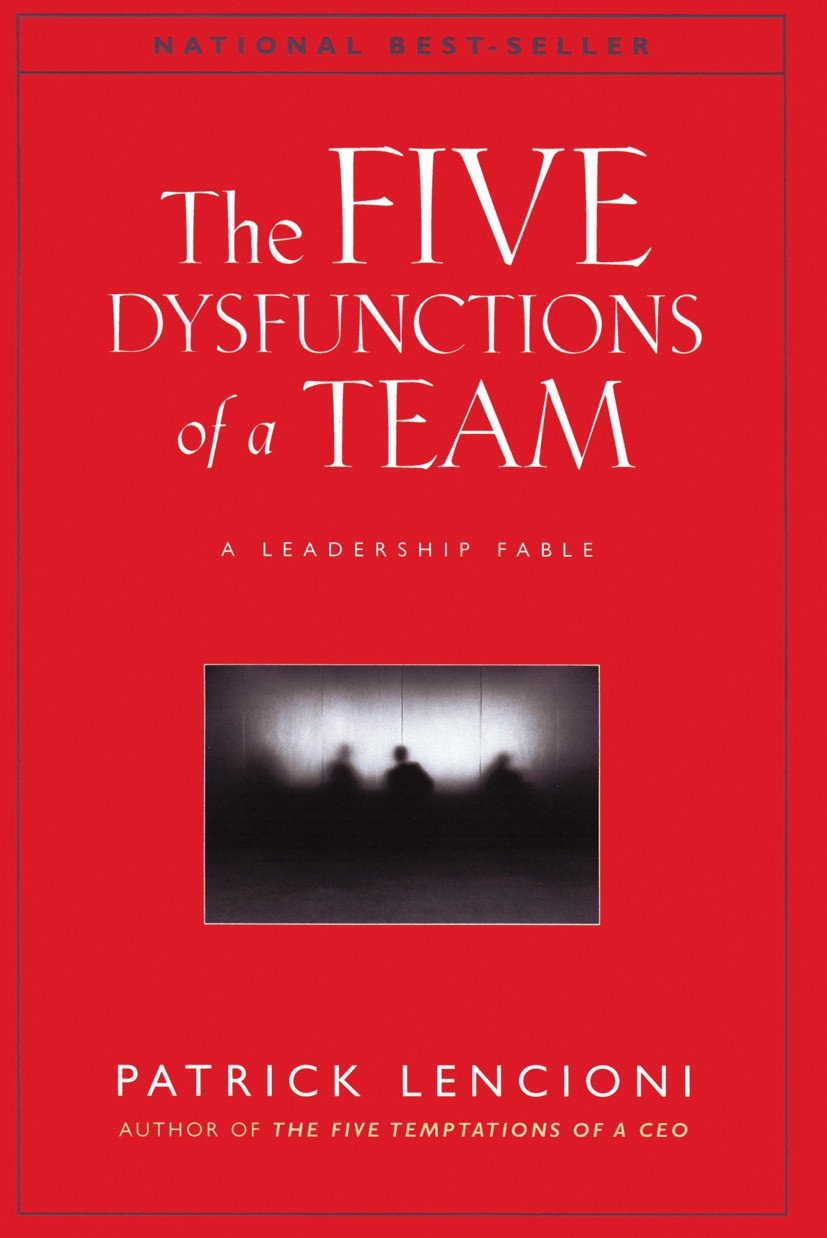Mentorship
Mentorship is a must for leaders who lead!
Let me explain what it is, how to determine when you need a mentor and how to select your mentor.
Peer mentors are quite common, but I did not have to look far to select Paul Records. Not because he was Senior Vice-President of Human Resources at the time, but because he is someone I highly respected and could emulate.
I have had great mentors during the course of my career. They are invaluable and unforgettable!
Mentorship
Definition of Mentoring
According to wikipedia, mentorship is defined as follows:
|
...is a personal developmental relationship in which a more experienced or more knowledgeable person helps to guide a less experienced or less knowledgeable person. The mentor may be older or younger, but have a certain area of expertise. |
Why You Need A Mentor?
After attending Strategic Thinking at Smith College in Northampton, MA, I was encouraged to select a mentor at a senior level within the company.
I was at a stage in my career that I needed to get a broader understanding of the company and develop the ability to think more strategically.

Criteria For Selecting A Mentor
Prior to asking a senior leader to serve as a mentor, I made sure to talk it over with Bruce, who was my boss at the time. It was important to me that he was in the loop on what I was planning to do. I did not want him to be blindsided.
My mentor, Paul Records, shared the Top 5 Traits/Things to look for when selecting a mentor:
- Reputation (you want to have them as a mentor)
- Capability (they have subject matter expertise, insights, strengths to add to your toolbox)
- Availability (willing to make time)
- Chemistry (some people just exude warmth, engagement, willingness others appear colder, less receptive)
- Commitment (someone who really wants to make a difference)
Criteria For Selecting A Mentoree

Before saying "Yes" to a request to be a mentor, Paul recommends you ask the following questions:
- What is their motivation? Are your values and interests aligned?
- Can you help the mentee?
- Do you believe you have subject matter expertise or leadership experience that could be beneficial?
- Is it the right time to connect with the individual?
- Chemistry – are they sincere or looking at checking the box?
- Communication is important. Can they listen and share what they would like to achieve and communicate what they are dealing with?
- Will the counsel you provide be internalized? Will they use the expertise and are they growing as a result of the relationship.
Before Paul agreed to be my mentor, he talked it over with my boss. Boy, I sure am glad I talked it over with Bruce first. That way, there were no surprises.
Want To Know More?
Everyone will need a mentor at some point in their career.
Mentors can come from all levels within the organization and can prove very helpful both personally and professionally. Choose wisely.
Improve Your Relationship with Your Boss
Are you looking to improve your relationship with your boss? If so, the Boss Relationship Worksheet will help you better understand and communicate more effectively with your immediate supervisor.
To download your copy, submit your information on the form below.
After completing the Boss Relationship Worksheet, you will find that the following will prove helpful in showing you how to cultivate a better working relationship with your boss:
 |
I published my first book and I am beyond excited.
Get your FREE copy of Called to Lead!
ORDER PRINT HERE
Leaders don't
create
followers.
Leaders
create
other
leaders.
- Tom Peters













